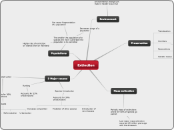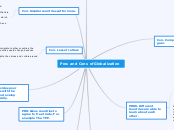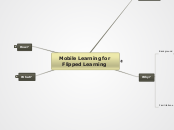por Tomislav Zadro 6 anos atrás
345
Sample Mind Map
Noam Chomsky emphasizes the importance of maintaining hope and the belief in the possibility of change to contribute to a better world. His theory of Universal Grammar posits that all human languages share fundamental grammatical structures, and that the ability to learn language is innate to humans.









